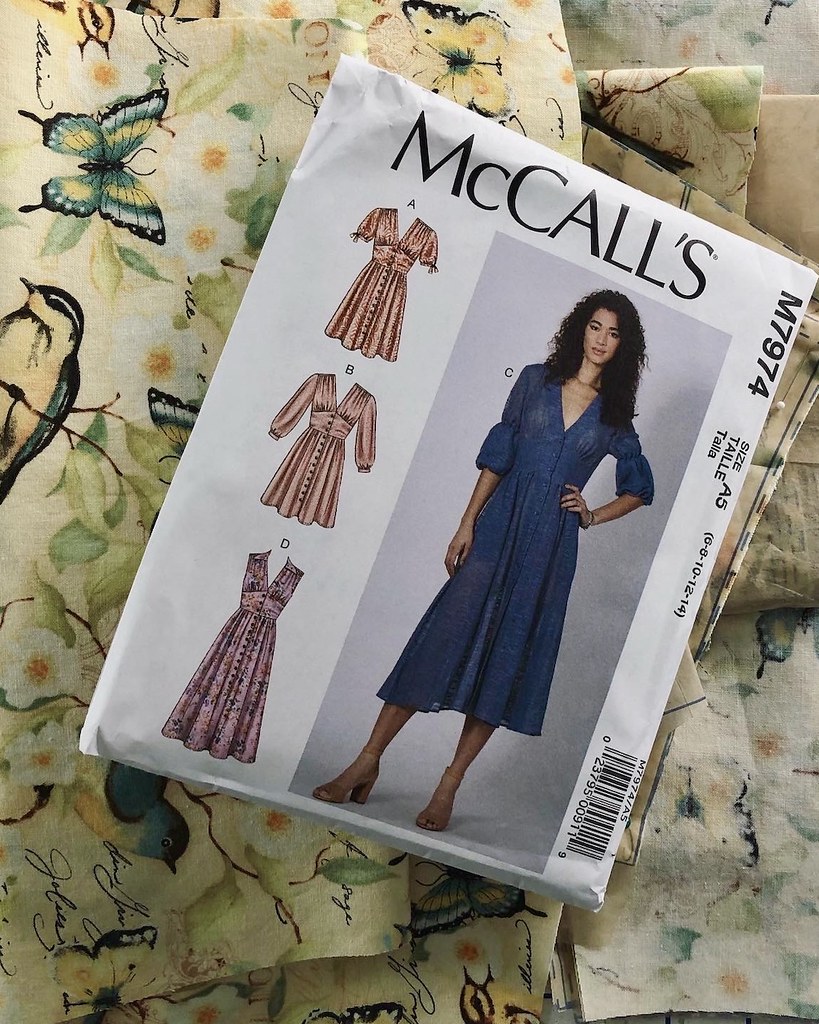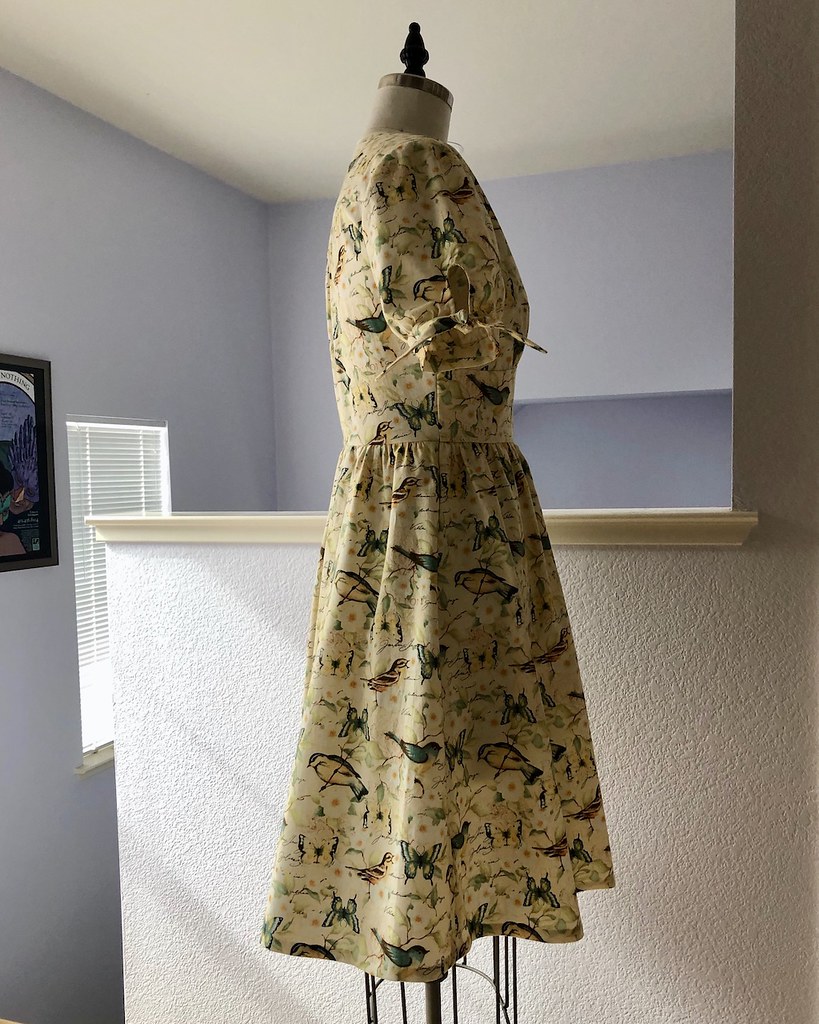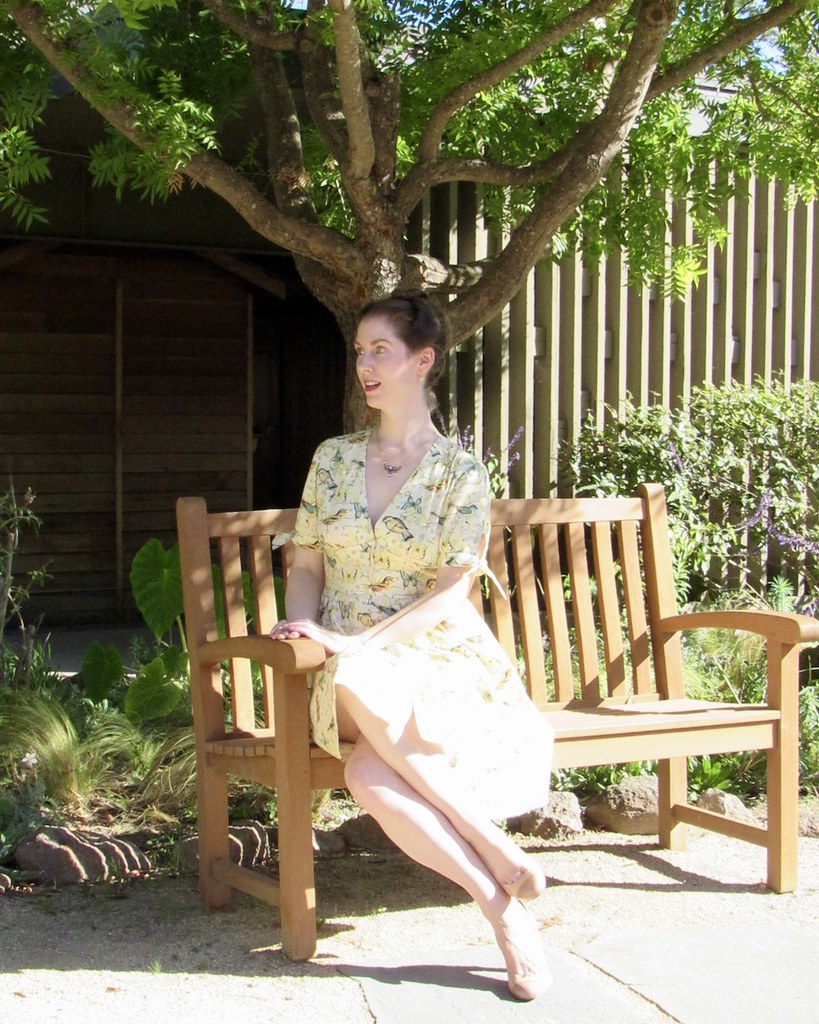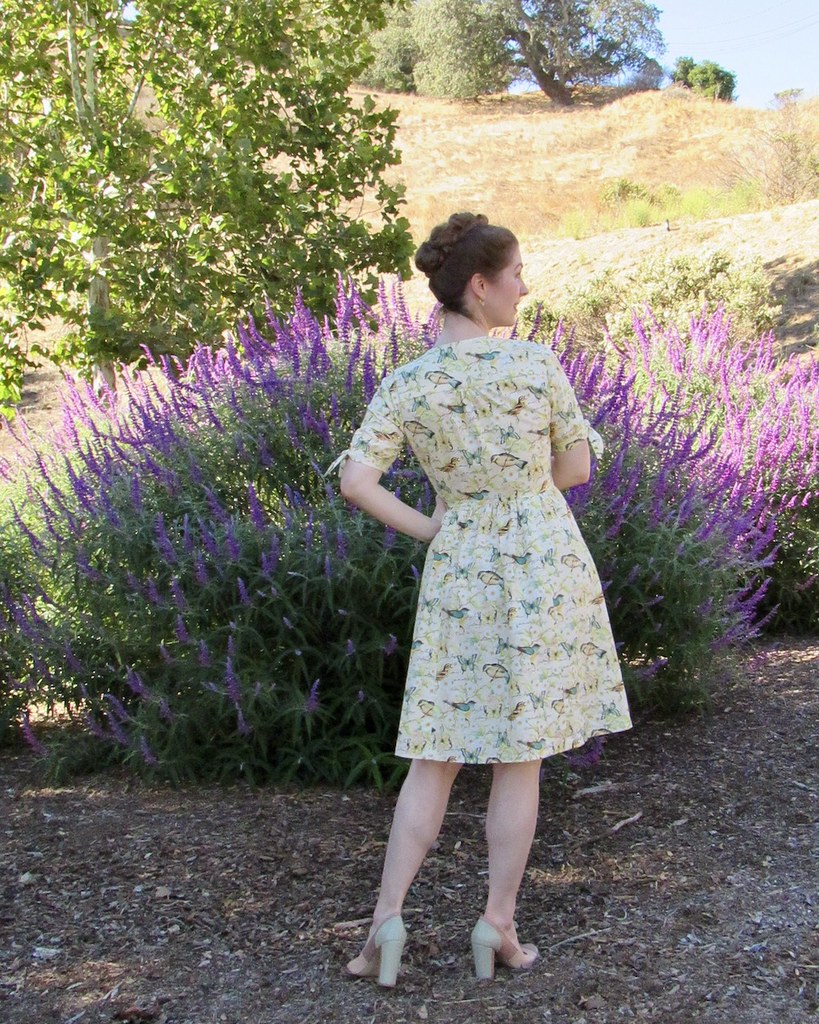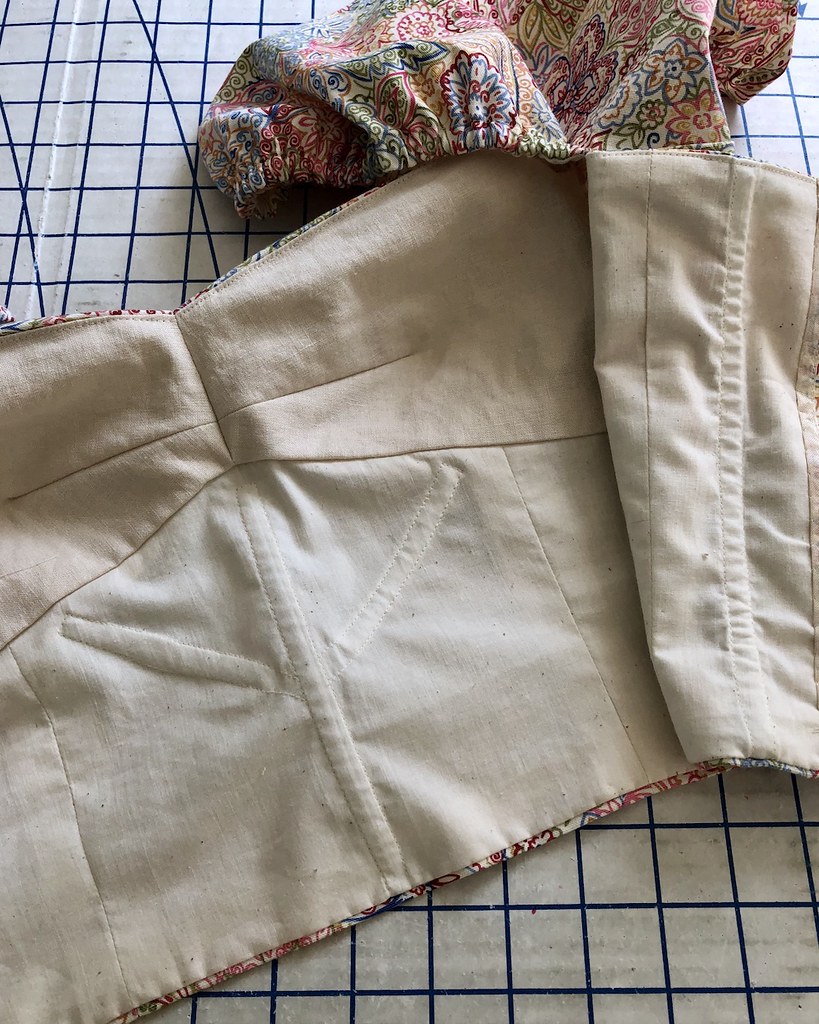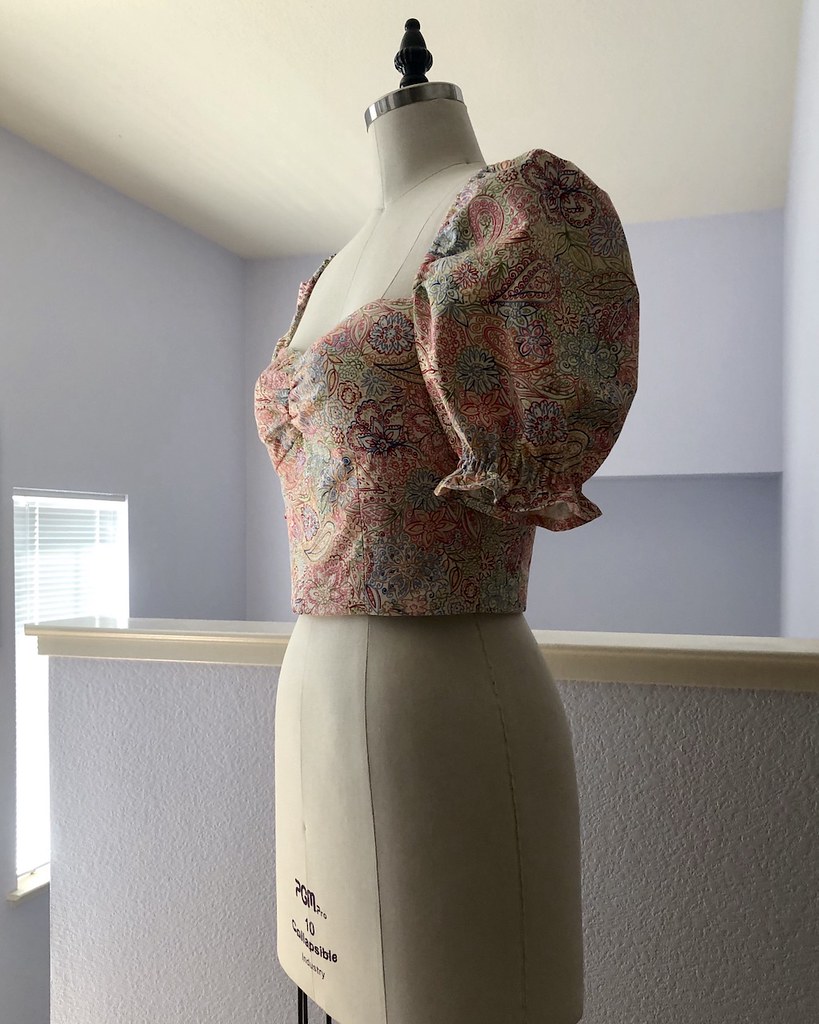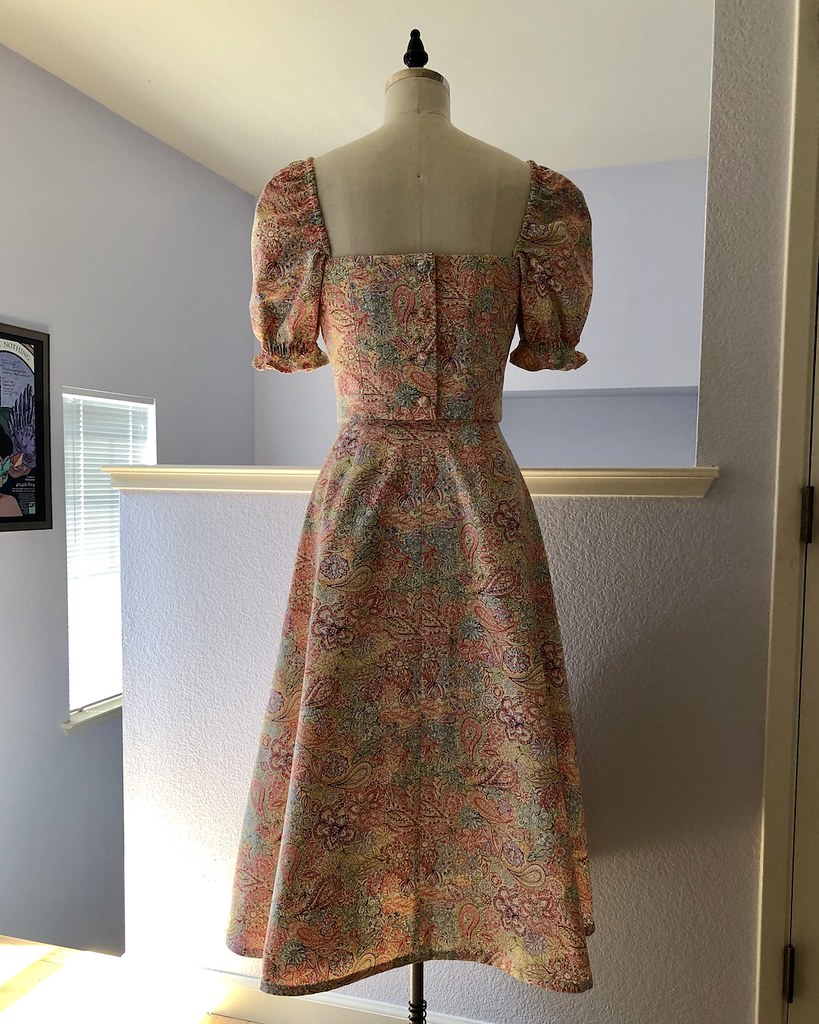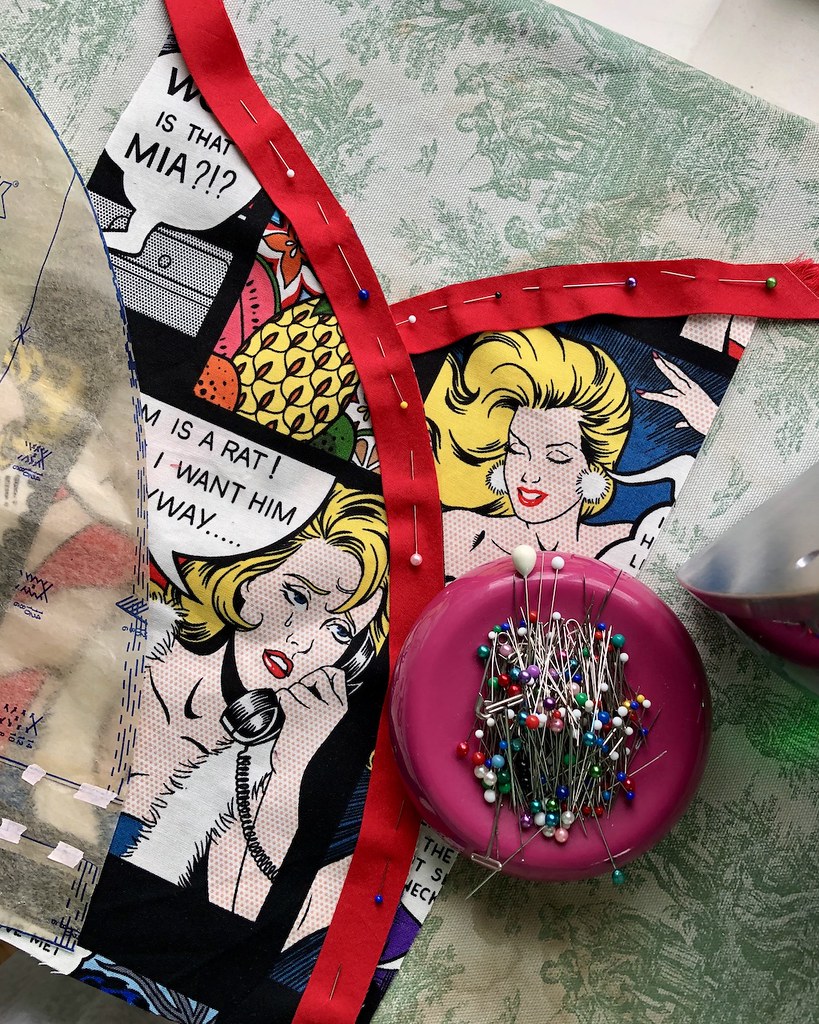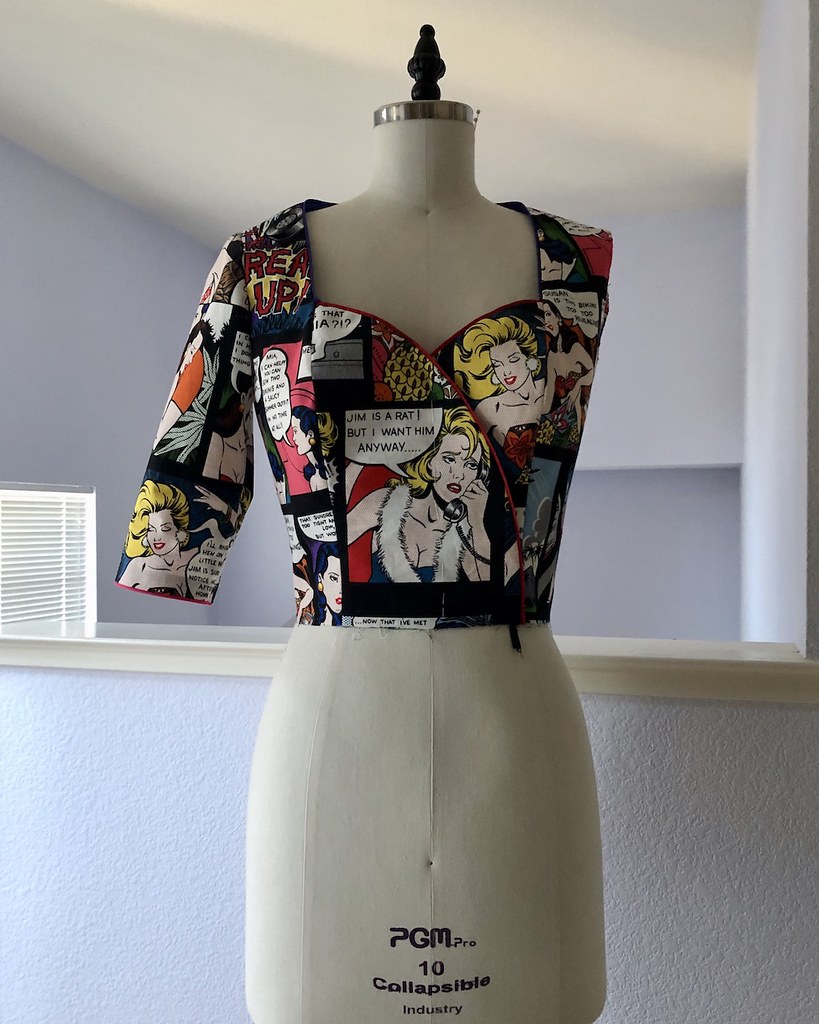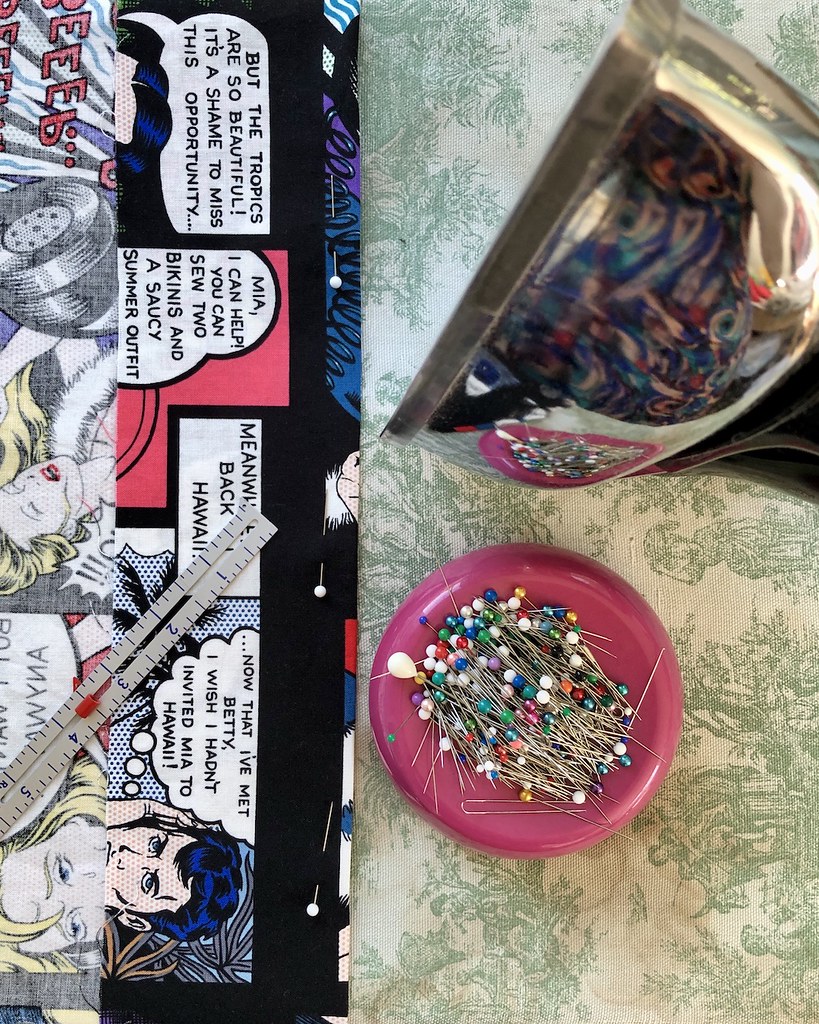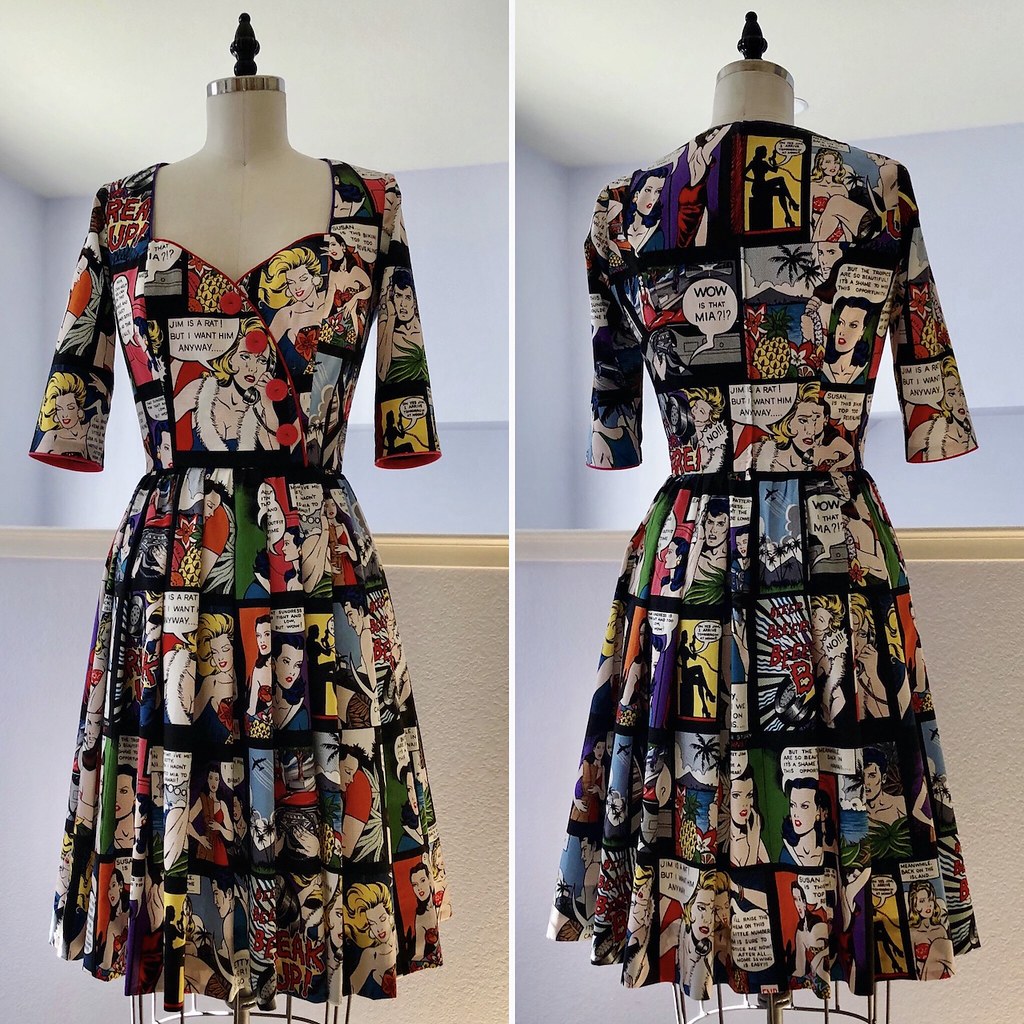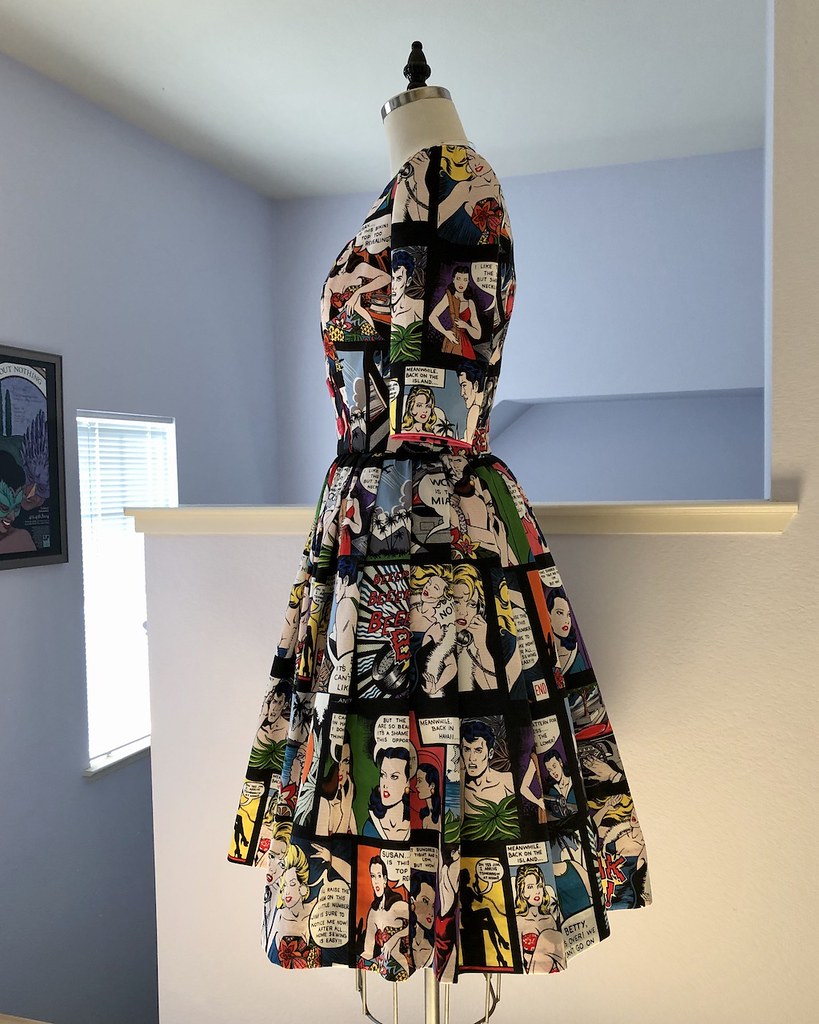I normally post progress shots before the finished photos of a garment, so this post is overdue, but I had a few things to say about this pattern, so here we go.
You have probably seen this pattern floating around the internet; it has been wildly popular this year. The style lines mimic a couple of designer dresses, which may account for some of the popularity. And while I do love fashion, I could really care less about what is "current." I like what I like, and if it is outdated by a few years, or by 50, I will wear what I want. I also have gotten pretty good about reading the differences between pattern envelope photos and the technical drawings that are included with pattern art. And I knew that I was going to like this dress right from the start!
This dress is a fabric hog, for what it is. I was working with less yardage than is suggested for View A. This is generally not an issue, however, I was a little surprised with the length of the skirt. I would have like it to be just a skosh longer and have a little more hem width to play with, but sometimes you just have to make do!
If I had more yardage, I would have cut the skirt panels a little differently to change print placement, but honestly, when the dress is worn, I don't think the repeats are that obvious. I did have to cut the yoke facing out of a cotton remnant that I had saved from another project. All in all, I think I did quite well with my limited yardage.
Some of the order of construction is not what I would have chosen, but I went ahead and followed the instructions. My main gripe was not with order of construction, though, it is with that little keyhole opening on the sleeve. Of course, I didn't get great photos (maybe because I was slightly ashamed of not taming the bias tape beast), but I think there is an inherent flaw with the directions.
You can tell in the above photo that the opening sticks out at the top curve. This is due to the fact that even bias fabric can't make a tight curve like that unless you are binding the edge (which is not the case here). I pre-curved the bias piece of fabric, I clipped right to the edges, and even with a compliant cotton, I could not make that curve lay flat. Next time around I would make a very narrow facing; I think that's the only way that curve is going to lay flat.
And then we come to the buttons and buttonholes. There are a whole lot of them on this dress! The construction isn't exactly bound buttonhole friendly, and since I found a vintage buttonhole foot, I have been a little more brave about subjecting my finished garments to the whim of the machine.
There are some quirks with the foot, but I love that you can take two runs at the buttonhole which gives a nicer finish than a single layer of zigzag.
I also have a fair amount of neutral colored buttons from estate sales that I have attended over the last few years (definitely missing those since Covid slowed things down). But it means that I had suitable button on hand - which is always a good thing!
And here we have the old toothpick to make a shank on a non-shank button trick. It's not very glamorous, but it works great.
And, of course, there is a bit of seam binding thrown in there as well, because how could I resist!
It's a great dress.
And there will be at least one more version made, probably with the same sleeve, just so I can conquer that keyhole opening!


